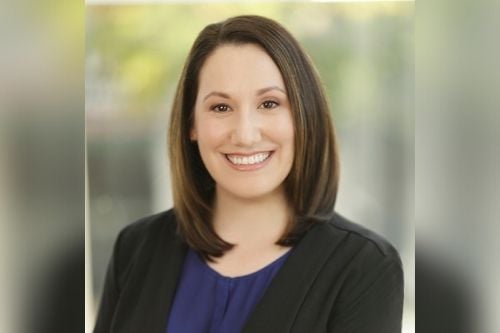

Brisbane-based Stellar Insurance Brokers has a certain fondness for complex risks, and here Kirsty Dowell (pictured) explains why the family business shines the brightest when it deals with the not-so-simple and shares what she thinks might happen to brokerages that aren’t doing right by their clients.
“For us, it’s about showcasing the value of a broker,” Dowell told Insurance Business. “We don’t like having clients where our competition is the direct market. For us, our ideal client is someone who actually understands the advice that we give them and follows it, and actually values our profession and our involvement in their business.
“And we work together to make their business more successful by having insurance solutions and good risk management strategies in place. So, for us to really shine, we find it best when we have a complex risk because anyone can write a non-complex policy.”
For the administration manager, there’s “so much more” to broking than just the insurance cost or premium. When it comes to claims, for instance, Dowell believes they are able to showcase the value of Stellar Insurance Brokers by bringing in the company’s expertise when negotiating settlements.
Today’s level of complexity, meanwhile, isn’t the same compared to a decade ago, according to the insurance executive. In Dowell’s view, the complex risks category has widened – allowing for greater opportunities to assist clients in finding solutions.
“With the market in the state that it is at the moment, it is so hard to place very vanilla risks,” she explained. “So, to have risks that have some complexities – whether they are in the energy sector or mining or manufacturing – anything that sort of makes it that little bit different or unique, the line to define ‘complex’ is dropping quite significantly.
“You look back 10 years ago and complex risks had to have genuine complexities to it, whereas now it might just be a case of a business importing a product from China and it’s becoming complex because insurers are saying ‘no’.”
Dowell added that, previously, pretty much everything was insurable at a price. Currently, as the hard insurance market shows, insurers can opt not to underwrite certain risks.
Moving forward, Dowell anticipates things to remain very tough for “a little while longer,” as far as the hard market is concerned, with her not expecting changes on this front in the next year or two.
What she does expect to see in the near term has to do with diligent clients and not-so-stellar brokers.
She asserted: “I think we’ll see a lot of clients either shopping around for their broker or their insurer, making sure that they’re trying to get the best deal that they can, particularly amid increasing rates or changing underwriting guidelines and appetite.
“Clients who don’t particularly have a great relationship with their broker, or if their broker is not doing the right thing by them in terms of making sure that they’re finding them the best deal available, I think we’ll see the client sort of taking a stance where they’re not going to settle for that.”
This, said Dowell, will result in the good ones picking up those businesses.
“And with all the huge changes coming to compliance this year,” she went on to state, “I think there’ll be a lot of brokers that won’t survive. It’ll just be too much of a burden for them to change their practices, or they’ll look to consolidate and merge with other brokers.
“I think there’ll be a lot of movement in the broker market because of the massive amount of legislation we’re facing this year, and it will bring opportunities for good brokers to step up and shine and grow and be successful.”
